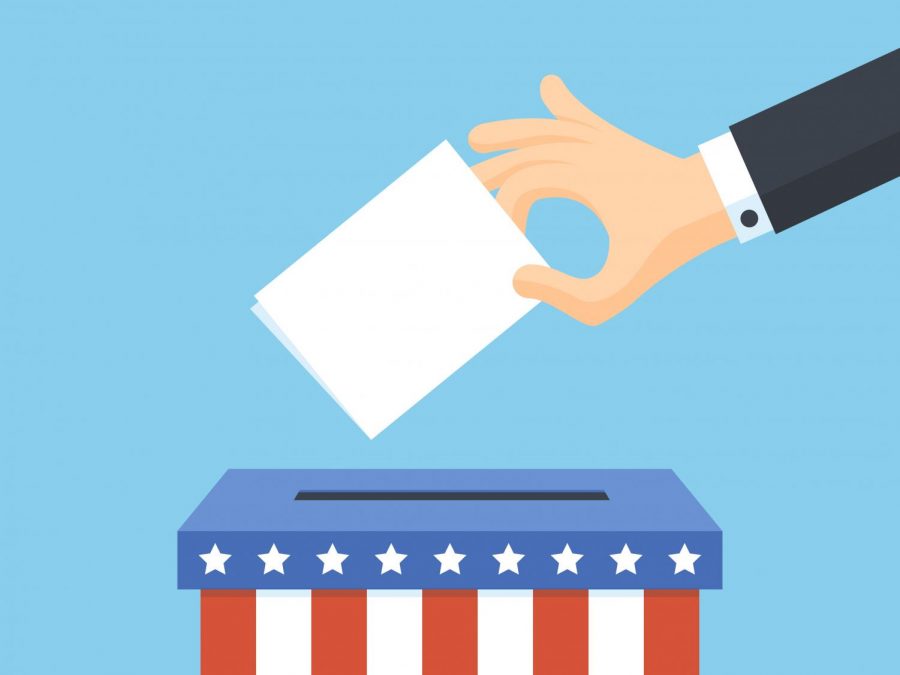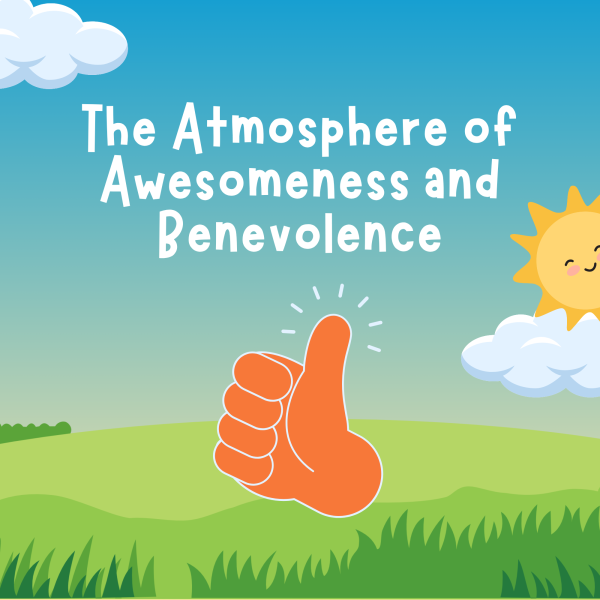HOW DOES THE ELECTORAL COLLEGE WORK?
Electoral College’s Role In The Election
In 1804, the 12th amendment to the constitution was formed to be a tie-breaking system. The past election, November 2020, left many people asking the question, “how does the electoral college work?” It is a very complex topic that could be discussed for days upon days. I will give you a concise explanation of how the electoral college works and how it is used in the elections. The founding fathers established the electoral college as a compromise during a presidential election by popular vote and vote by congress. The electors are selected by political parties at states, the number of electors is proportionate to the population. There are 538 electors and you need at least 270 to win. You will see that states with larger populations have more electoral votes. Presidential candidates would love to get states with a lot of electoral votes such as California (55), Texas (38), New York (29), Florida (29), and Pennsylvania (20). 48 states within the union have a policy in which the winner takes all electoral votes but in Maine and Nebraska the electoral votes are by congressional districts, two of the votes are reserved for the statewide winner. Around election time we hear a lot of talks about the swing states, these are the states that the vote could go either way. Florida, for example, is a popular swing state and it has one of the highest electoral votes, therefore political candidates try their best to get the electoral votes of these states. In the previous elections, we see the trend of the President-elect winning the popular vote and electoral vote but that is not always the case. The most recent examples of this are in the 2000 and 2016 elections where Nominee Al Gore and Former First Lady Hilary Clinton won the popular votes but lost the electoral votes. Although the elector votes, in the end, tell us who our president is, it is very much important for everyone who is eligible to vote, to go and cast their votes. You are not only voting for the president but also you’re voting for the local government. Many people share different sentiments about the electoral college but hopefully, this article helps you to understand the basics.







